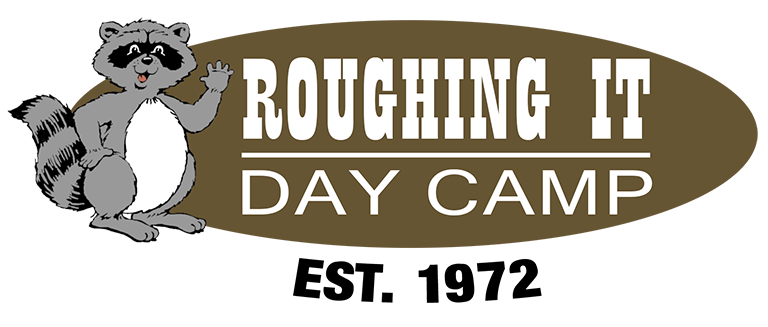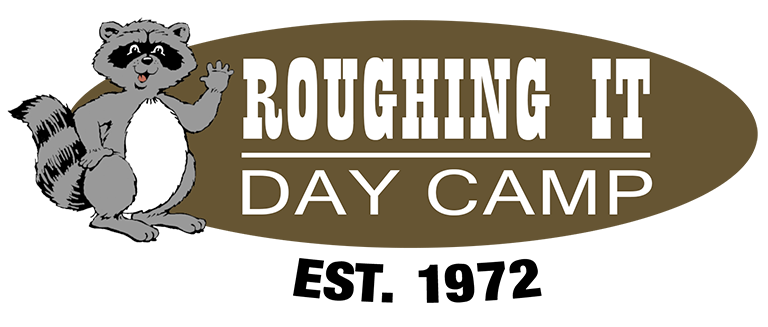If you have been thinking about Camp for your child this summer then you may have already started to take a look at the activities offered, the location of the camp, the time and dates camp is scheduled for. Although this is all critical information, Camp is able to deliver and develop so much more for children.
Day Camp in particular plays a unique role for many campers and their families. At Day Camp children get to spend their days in a positive traditional camp environment enjoying a number of activities and acquiring skills they did not know they had. Unlike resident camp, they also get to head home each night to share their excitement, achievements and fun they had with their families. All the variety of activities and group experience enjoyed at Day Camp are designed to develop the whole child and build life skills that are critical to success in school and life in general.
Day Camp is unique in that it offers the best of both worlds, all the benefits of attending camp without the homesickness many children experience at Sleep away Camp. Here are some of the many benefits Day Camp can bring your child this summer:
Top 10 Skills Developed and Practiced at Day Camp that help Children grow into Successful Adults
Independence
Though campers are placed in groups, independence is highly valued and practiced at camp. Campers learn to do things for themselves; whether it’s tying a new knot at Adventure or learning a new swim stroke—counselors are there to assist campers in learning new skills that will help them stand on their own two feet and encourage independence.
Teamwork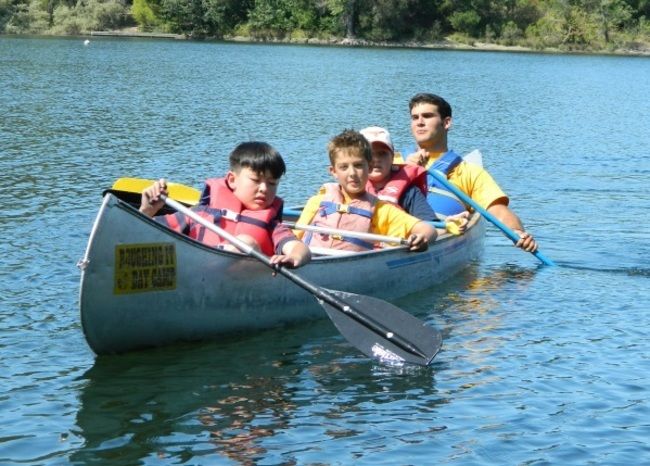 Children are often placed into teams or groups at camp that they stick with throughout the summer. By participating in activities together, kids learn to work with their group in program areas. They learn to collectively make decisions that will affect the whole group, build a sense of community as they participate in activities like canoeing or hiking,and learn to compromise when their individual preferences don’t always coincide with the decisions of the whole group.
Children are often placed into teams or groups at camp that they stick with throughout the summer. By participating in activities together, kids learn to work with their group in program areas. They learn to collectively make decisions that will affect the whole group, build a sense of community as they participate in activities like canoeing or hiking,and learn to compromise when their individual preferences don’t always coincide with the decisions of the whole group.
Listening Skills
Day Camp groups are placed under the guidance of an experienced counselor, whom they must listen to for directions in order to keep camp safe and organized. In order to get from activity to activity and safely participate in activities like canoeing, horseback riding, and swimming; it is essential that campers learn to listen to their counselors. Kids are usually more excited to learn how to trot on a horse than they are about learning long division, so they learn valuable listening skills at camp that can be carried through into the school year. Listening and following multi-step directions is also equally important as many activities at camp such as Rowing and canoeing, require them to learn multiple strokes and the different instances in which they should use them. Campers learn to process multiple directions and actively apply them so the learning is immediately reinforced.
Physical Activity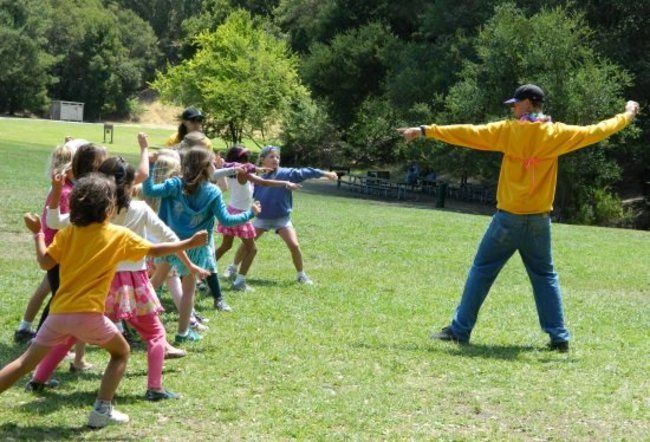
Daily exercise and activity are essential for children to remain fit and stay healthy. A recent study by the American Academy of Pediatrics (AAP) talks about how exercise aids concentration, productivity, improves mood and is a proven stress reducer. The range of activities enjoyed at camp help children exercise muscles not often used during the school year. Summer days spent swimming, riding, rowing and playing a whole range of field games help all campers regardless of age to develop and practice using their small and large motor skills. Physical activity, exercise and play are enjoyed all day long at day camp and campers return home each day enjoying all the benefits.
Friendships and Social Skills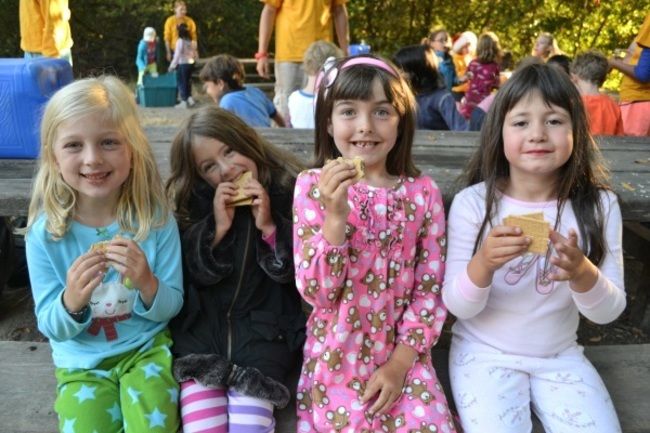
The shared experiences at camp help create close relationships in a short time because a group focus helps kids create bonds of trust and loyalty. At camp kids can start with a clean slate, try new things, practice new skills and redefine themselves as a person. The camp environment promotes community, respect and acceptance where kids can develop healthy friendships and return year after year to reunite with old camp friends and meet new ones. The best part is that kids can take the friendship skills they learned at camp and use them throughout the year in new situations.
Confidence
Day Camp allows children to face new challenges, try out new activities and develop new skills that they do not get the opportunity to experience every day. These challenges can be anything from taking part in a skit to leading their group on a canoe; Opportunities like these allow for healthy “safe” risk taking that enables kids to build confidence in their ability to manage more challenging situations in all areas of their lives.
Resiliency
Being at camp and trying new activities are often completely new for most children. Trying something that is not the norm requires commitment and resilence at camp and kids learn to solve problems and work towards finding a solution to situations they may find more challenging. This helps them build not only their confidence, but a stronger sense of resiliency that will help them in future situations.
Self-Esteem
By providing kids with tasks that allow for them to showcase their individual talents, they can feel confident and identify something within themselves that they genuinely like. A competant and caring camp counselor can help identify what it is a child is particularly good at, and provide activities or challenges for the camper to help foster these skills. In addition, a nurturing camp counselor will encourage all his/her campers to try new activities with the support of the camper group and the specialty satff. This is especially important for kids that often feel marginalized at school and are consequently shy in new situations. This gives them an opportunity for others to appreciate their talents and most importantly, for them to recognize and appreciate their achievements themselves.
Perseverance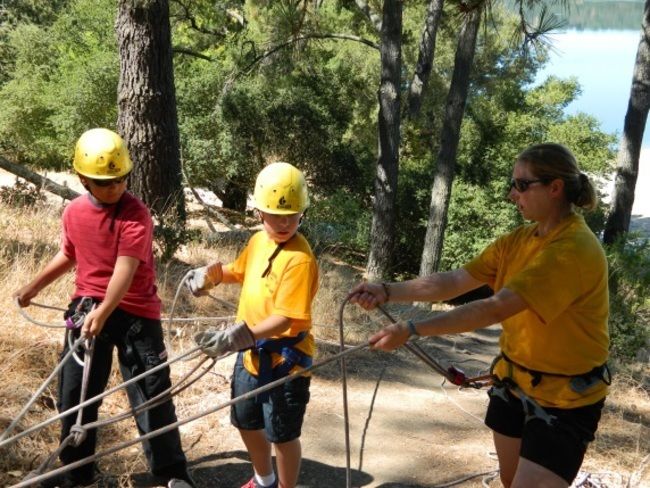
Camp is a great place to face a new challenge, take safe risks and develop new skills. Not every camper will succeed at every task every time and learning how to persevere at something is one if the many life lessons camp gives to children. Learning how to ride a horse or row a boat the right way is not always a successful experience the first time but due to the supportive positive environment at camp children learn to bounce back from disappointment and come back stronger the next day. This is a great skill for children to have and when given the opportunity they benefit immeasurably.
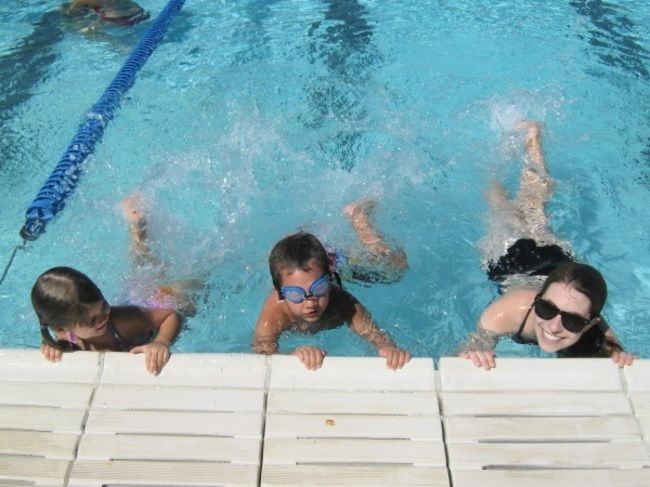
Character
Every one of these many benefits of a summer spent at camp helps in the development of a childs character. Every experience helps to shape and build a childs sense of self and they emerge a stronger, more well rounded individual. Paul Tough, author of the recent bestselling book “How Children Succeed”, discussed how camp really does help to build character, “..when camps are able to get it right and convey to kids that they’re supported and they’re safe, but also that they can do things they never dreamed they could do, it becomes a transformative experience.”
Day Camp really does deliver a unique, supportive and fun experience for kids during the summer and allows them the time to work on a whole host of skills which benefit the “whole child”. To get more insight about how camp helps children to develop and grow successfully check out this great article in the March issue of the American Camping Association Camping Magazine – Camp and Character with Paul Tough. Also Madeline Levine, a Bay Area Psychologist talks about the Value of The Camp Experience today in the January issue.
